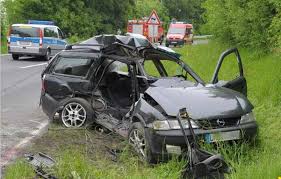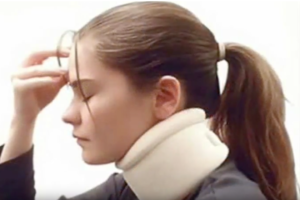Advice from your Car Accident Lawyers
The first thing is to keep calm. Do not leave your vehicle to confront the other person. If your vehicle can be driven, move it out or to the side of the road, which is out of danger. When you find a safe place to share information with the other driver. You can download the form of exchanging information (drivers’ exchange of information) to the address below:
Information to be collected include: insurance information, name of the other driver, address and phone number. Ask to see an insurance card and driver’s license. Copy the full name, address and registration number of the driver. Make sure the card is not expired. Also confirm that the insurance indicates the name of the person and the vehicle he was driving, and that the policy is valid.
DO NOT MAKE ANY REPRESENTATIONS AS “SORRY” AND DO NOT ANSWER ANY QUESTION ABOUT HURT. EVEN IF YOU DO NOT FEEL PAIN AT THE TIME OF THE ACCIDENT, YOU CAN COME TO FEEL PAIN DAYS LATER. NOTHING IS BETTER THAN NO TALK OF CHANGING THE BACKGROUND INFORMATION. ONCE THIS CHANGE IS MADE, SIT IN YOUR VEHICLE AND WAIT THE ARRIVAL OF A POLICE OFFICER IN A SAFE PLACE AND AWAY FROM THE VEHICLE TRAFFIC.
If there are visible damage to your vehicle or bodily injury, tell the police. Under no circumstances accept any offer to pay for the damage without contacting the police and insurance company.
If there is damage, you should take pictures of both vehicles. A good practice is to keep a camera available in the glove compartment of your car. You can also use your cell phone to take pictures of cars, the other driver and any documents (driver’s license and insurance card).
Once the police arrive at the crash site, you must inform him of what happened in a way soon. If you was hit from behind, just say this: I was stopped and was hit from behind. Let the officer asking the questions to you and you answer it the best way. Be careful when answering about distance and speed. Use words to this estimate, try not to use numbers. If you’re wrong about the numbers, this can hurt you in the future, if you want to make a claim. Before the police leave, be sure to receive a small card with the name of the police, your case number and phone number for direct dialing to receive the police report when ready. If you forget to get this card, try to remember that the police department the officer works, such as Texas Highway Patrol, San Antonio-Dade Police Department, etc.. Texas has several police departments and depends on the area where the accident happened to know which department to look for, if you have not received this card with the number of your case.
Car Accident Lawyers Texas
The police will also ask you if you are injured and need medical attention. If you feel any pain, let the police call paramedics to serve you and refer you to the hospital. Do not refuse treatment if you are hurt. When you talk to the paramedics or the police, Accident Car Texas Lawyer not “a hero” and omit their complaints. Tell them where and how they are injured. If you do not tell them about their symptoms, they will not know how to treat it and can not help you. Also, if you hit any part of your body inside the vehicle, TELL paramedics. Follow all instructions from doctors at the hospital.
After returning to your home, you have many decisions to make. You will need a lawyer? What kind of doctor should I look? Contacting my insurer? How to receive a copy of the police report? Who will pay for damage to my car? How to get a rental car? Accident Car Texas Lawyer.


